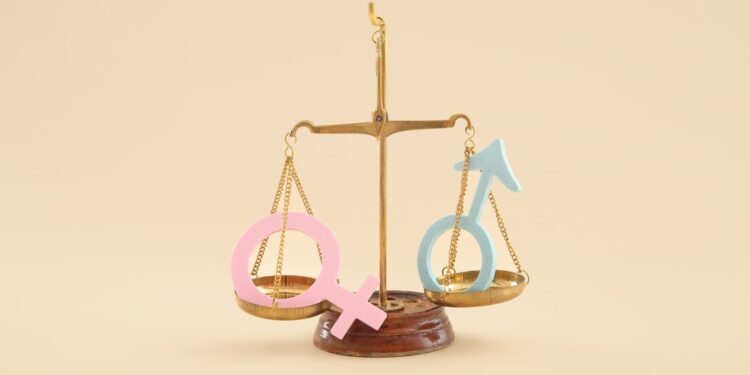How The Law Handles Gender Bias
The problem of gender bias in the criminal justice system is multifaceted. It has influenced many parts of legal actions, from how victims are handled to punishment for those who commit crimes. To make sure everyone receives equal and fair treatment under the law, it’s crucial we comprehend all forms of gender-based discrimination within criminal law. This article delves into distinct manners in which gender prejudice affects criminal law and emphasizes attempts to handle or lessen these partialities.
Victim Treatment and Gender Bias
One significant area where gender bias can be seen is in how victims are treated. Female victims of crimes, especially sexual assault and domestic violence, usually deal with doubt and inspection that male victims do not normally experience. In history, there has been a habit of doubting the truthfulness of female victims, which might result in less reporting and not enough legal actions taken. This prejudice has its origins in deep-rooted stereotypes concerning gender duties and the view that women are not trustworthy or too emotional.
In addition, for male victims of crimes, particularly those related to sexual violence, there could be a feeling of shame and not being believed in because society commonly links vulnerability with femininity. In consequence, it might make them less likely to report crimes or obtain legal system backing.

It is very important to identify and deal with these prejudices so that every victim can be treated respectfully and fairly.
Gender Bias in Sentencing
The inequality between genders is seen in the way criminal law determines sentences. Studies have found that women tend to get lighter punishments compared to men, even when they commit similar crimes. This difference might be because of the social ideas about gender, which consider women less harmful or easier to change than men. On the other hand, the stereotype that men are more prone to violence or intimidation frequently results in them receiving harsher punishments.
To some people, treating female offenders more gently is good. However, it can also weaken the idea of everyone being equal in front of the law. The unevenness in giving out punishments based on gender might create feelings of unfairness and lessen trust from the public towards the legal system. It’s very important to give the same rules for sentencing, not allowing ideas about gender to affect judicial choices.
Gender Bias in Law Enforcement
Law enforcement practices can also show gender bias. For example, police officers might not treat reports of domestic violence with the same seriousness if the victim is a man or if the person causing harm is female. This bias could lead to victims not getting enough protection and offenders not being held responsible for their actions. Moreover, women who hold jobs in law enforcement might encounter unfair treatment and prejudice that could hamper their performance at work and progression in their careers.
Gender Bias in the Criminal Justice System
The way to deal with gender prejudice in criminal law needs a complex method that includes changes in the legal system, education, and public support.

Changes in the law should concentrate on doing away with unfair actions, making sure laws are used equally for all genders. For instance, modifications might be made to sentencing recommendations so as to tackle irregularities and encourage impartiality. Criminal lawyer Mississauga are often involved in cases where gender bias is prevalent, such as domestic violence, sexual assault, and family law disputes. By understanding the nuances of gender bias and being vigilant against its influence, they can provide more effective representation for their clients.
Education and training programs are very crucial. They can help in making people aware of gender prejudice and how it affects the criminal justice system. These courses might assist legal professionals, law enforcement agents, and those who work in the judiciary to identify stereotypes that impact their decision-making.
Conclusion
Gender bias in criminal law has serious impacts on victims, those who commit crimes, and the whole justice system. By recognizing and dealing with these biases, it’s possible to make a legal structure that supports fairness and equality. Works that aim to eliminate gender discrimination from criminal law should concentrate on changing laws and education as well as spreading awareness so everyone gets treated fairly, no matter their sex. Society must unite its efforts to tackle these difficulties, thereby edging nearer towards genuine justice and equality for everyone.














































































































